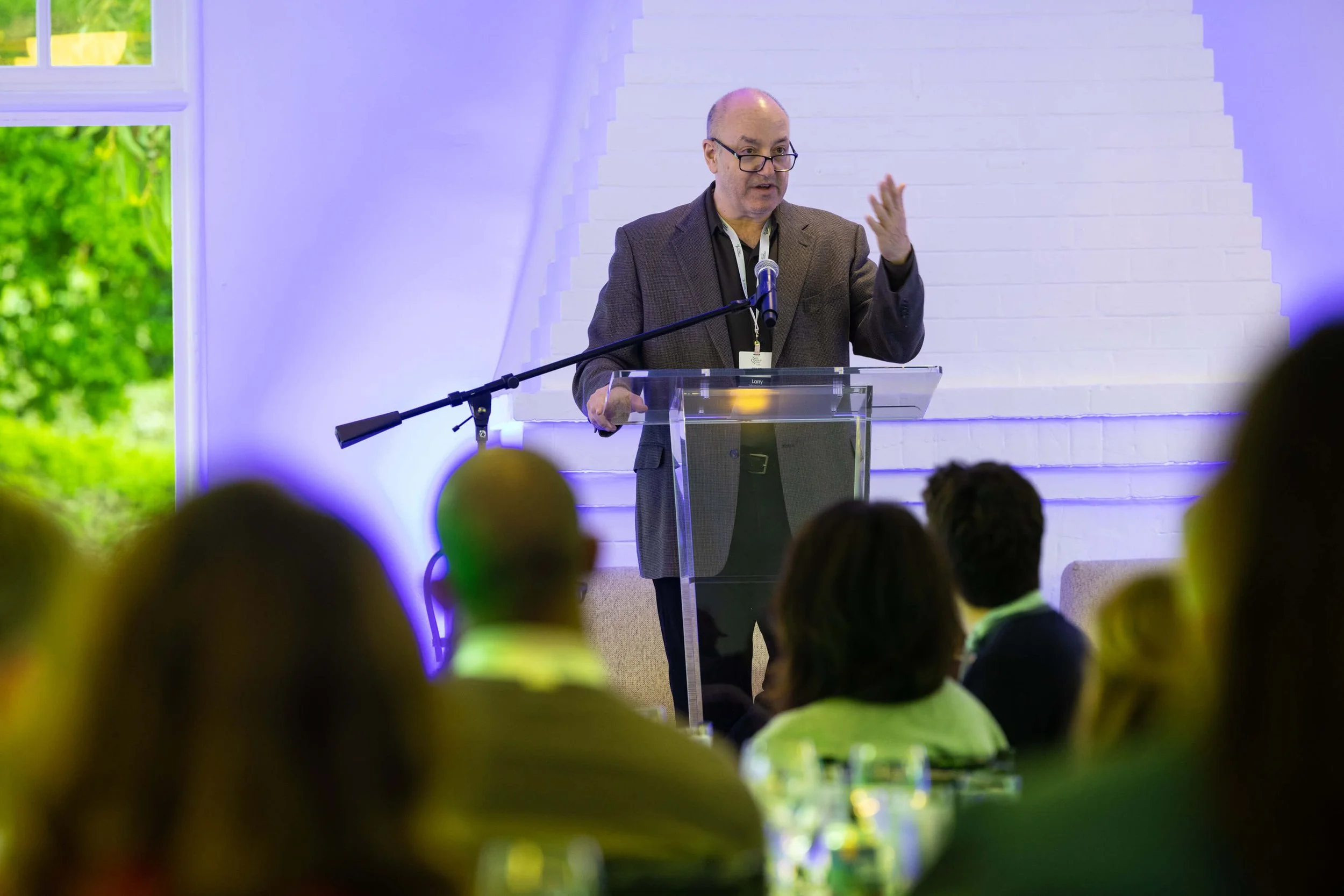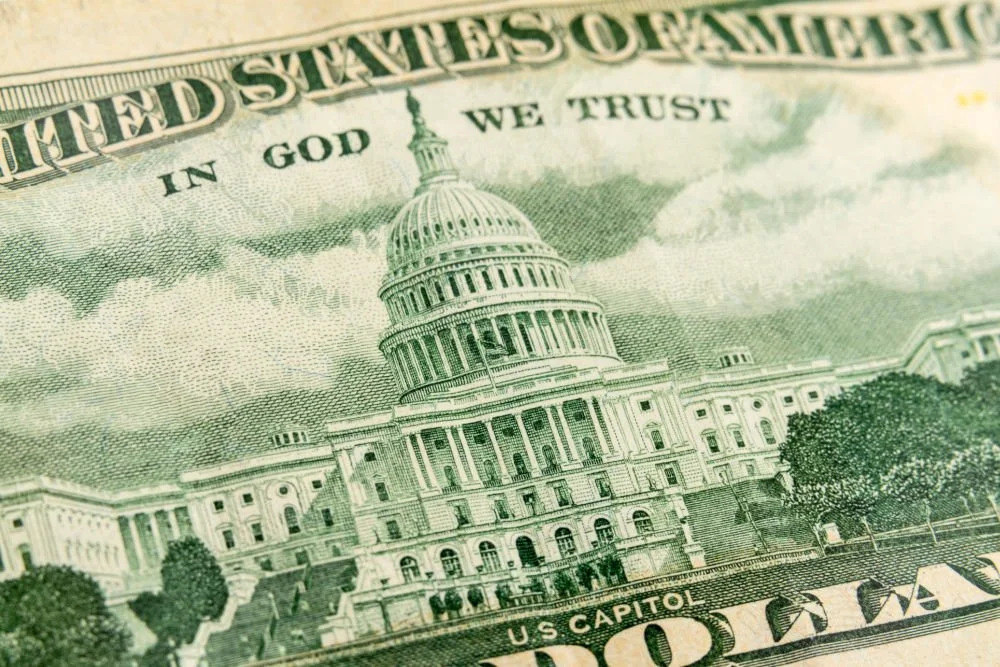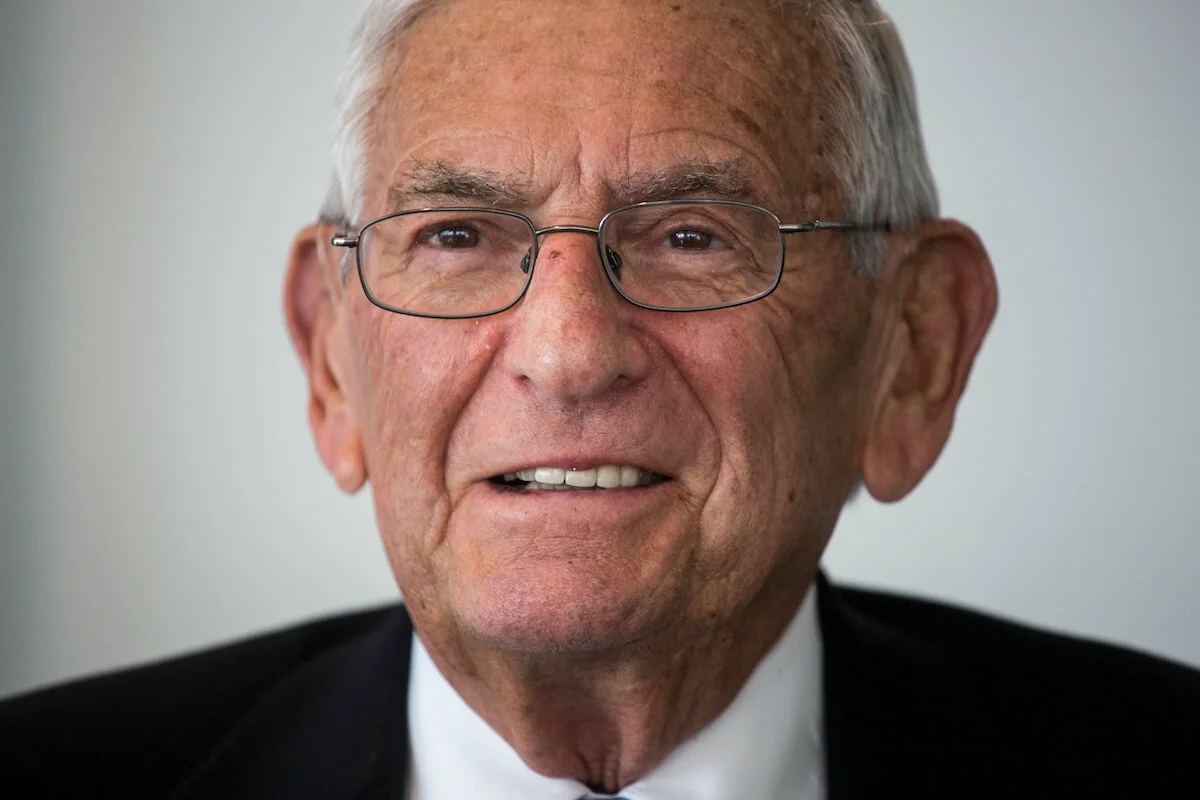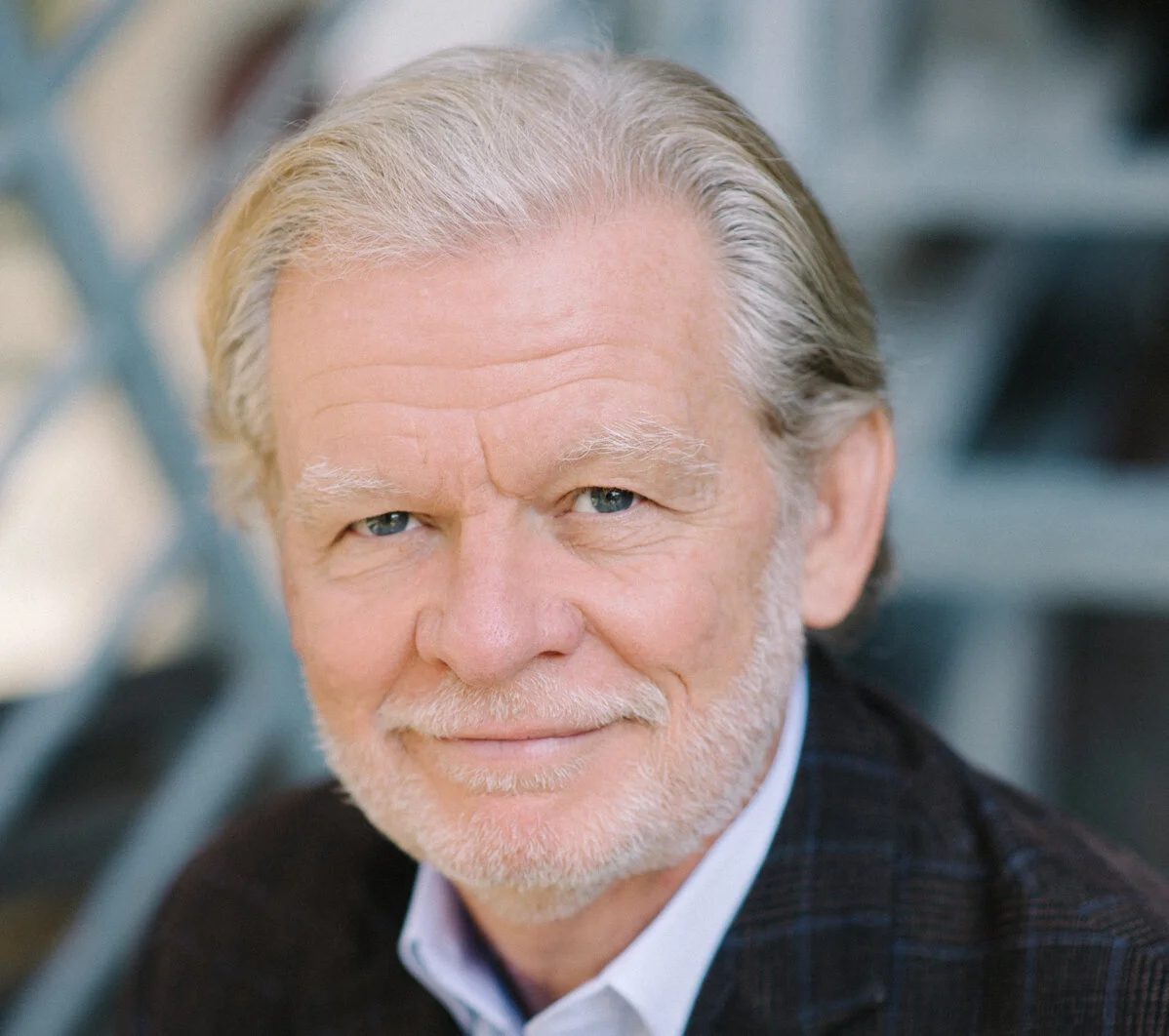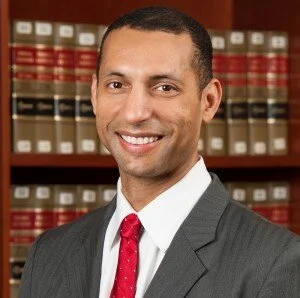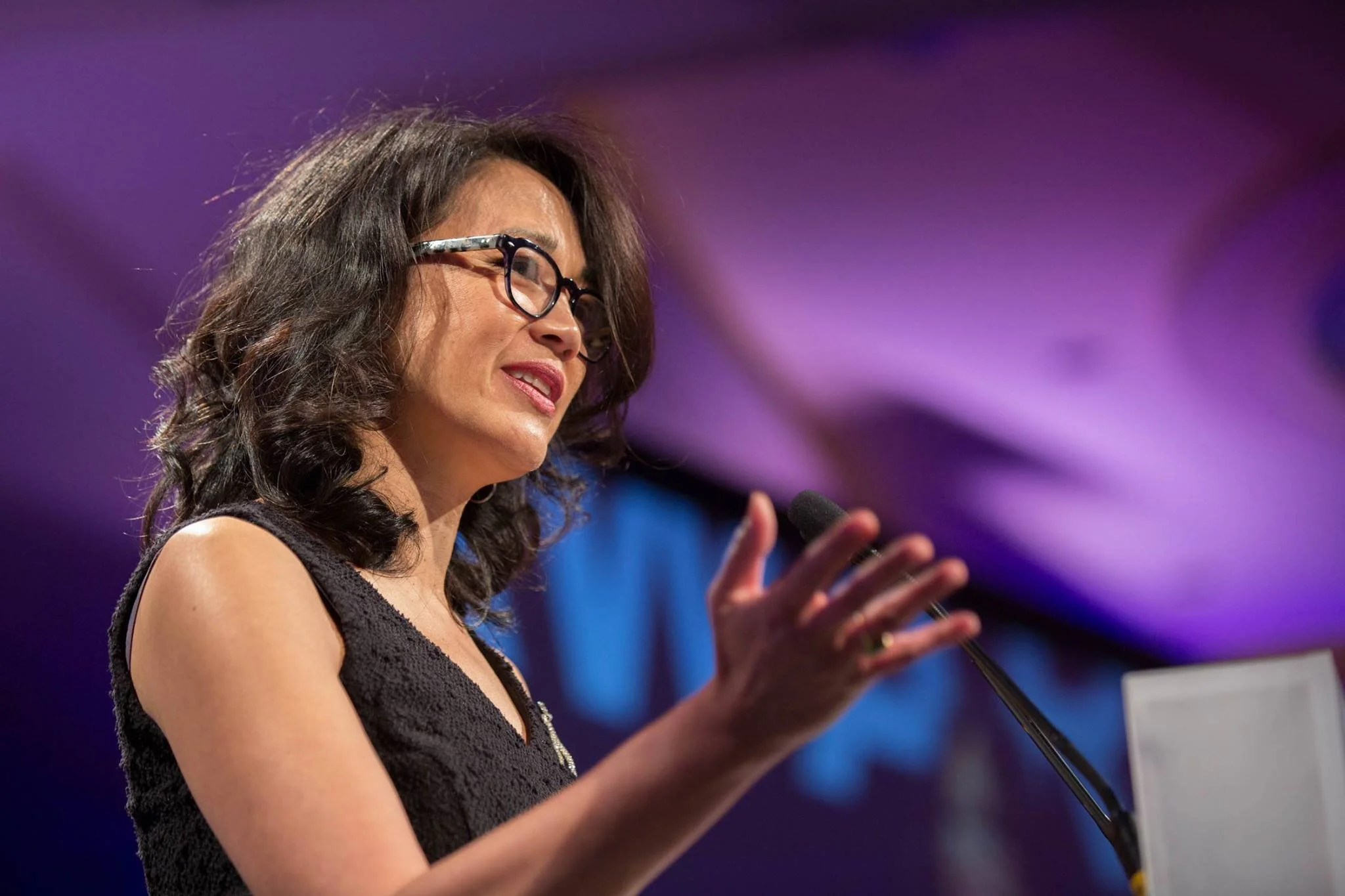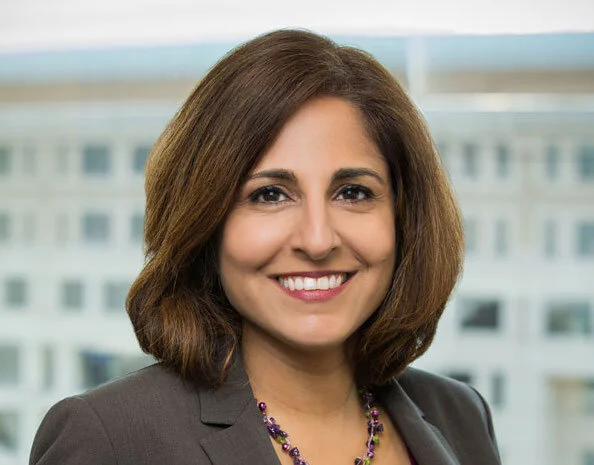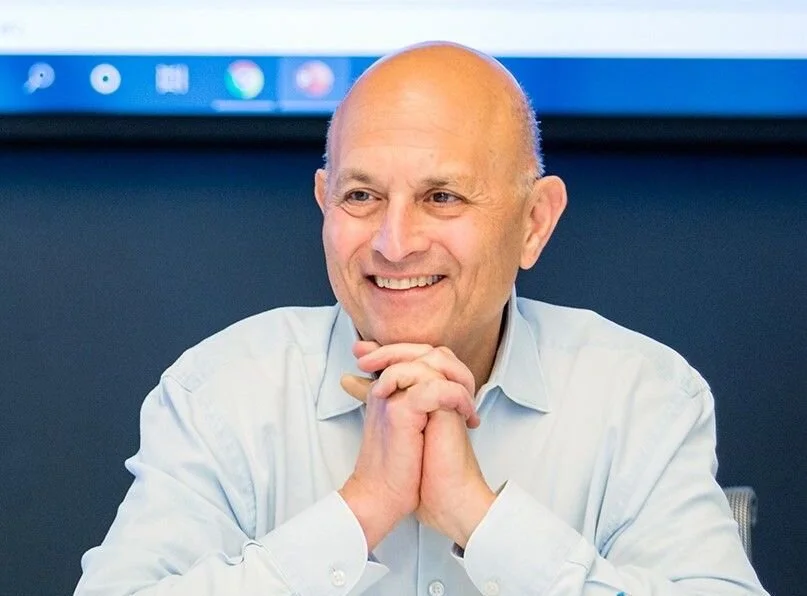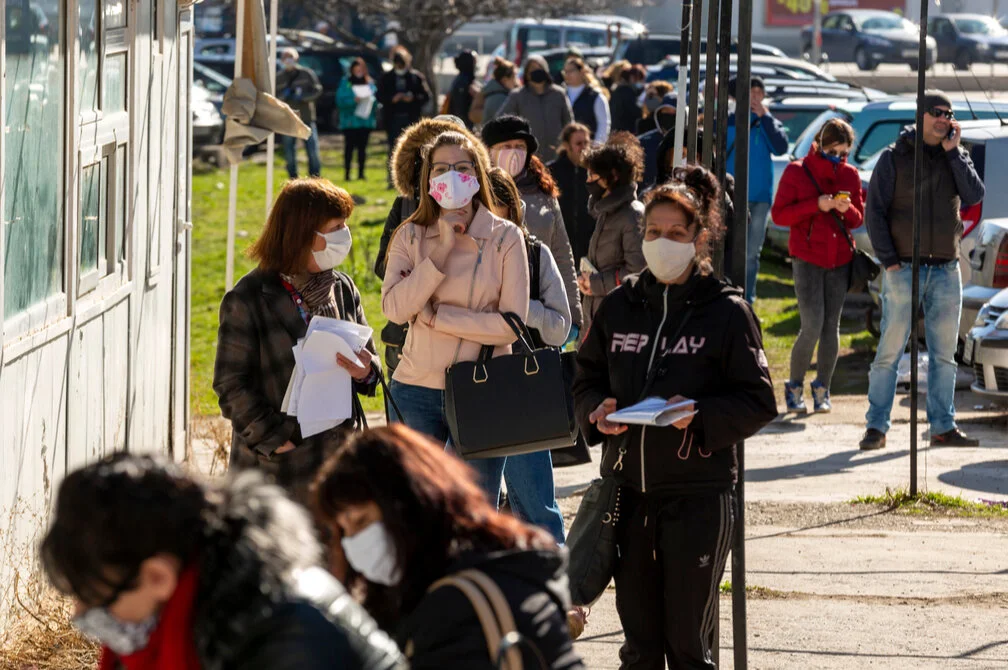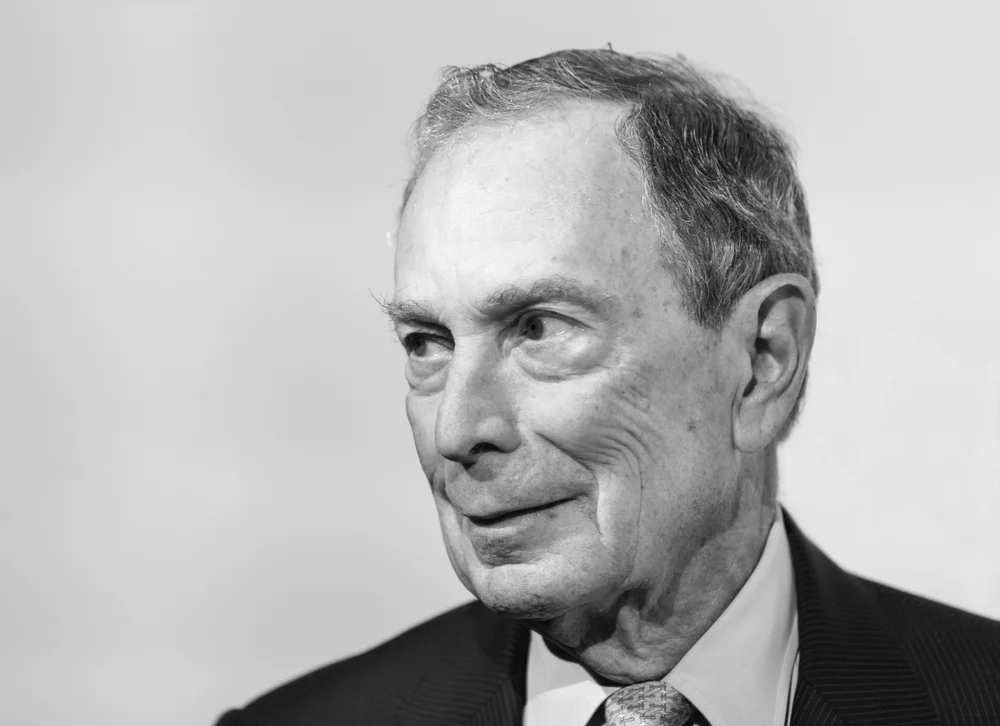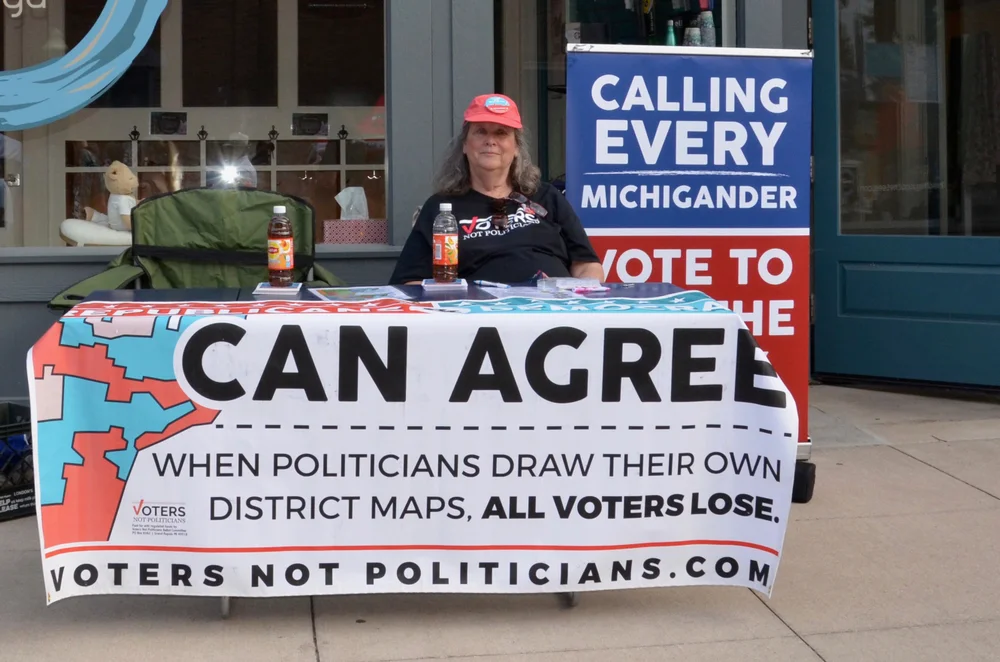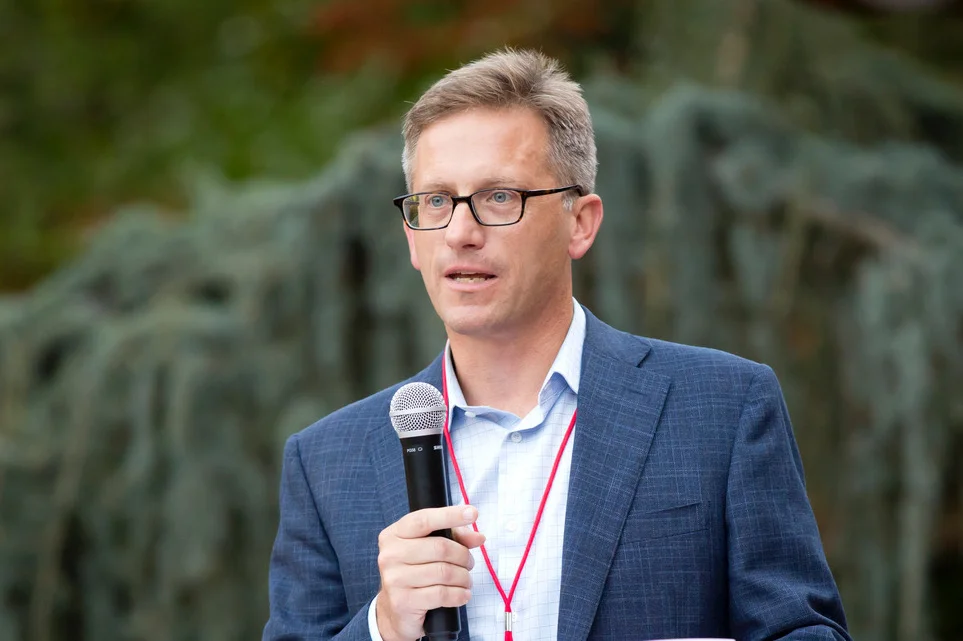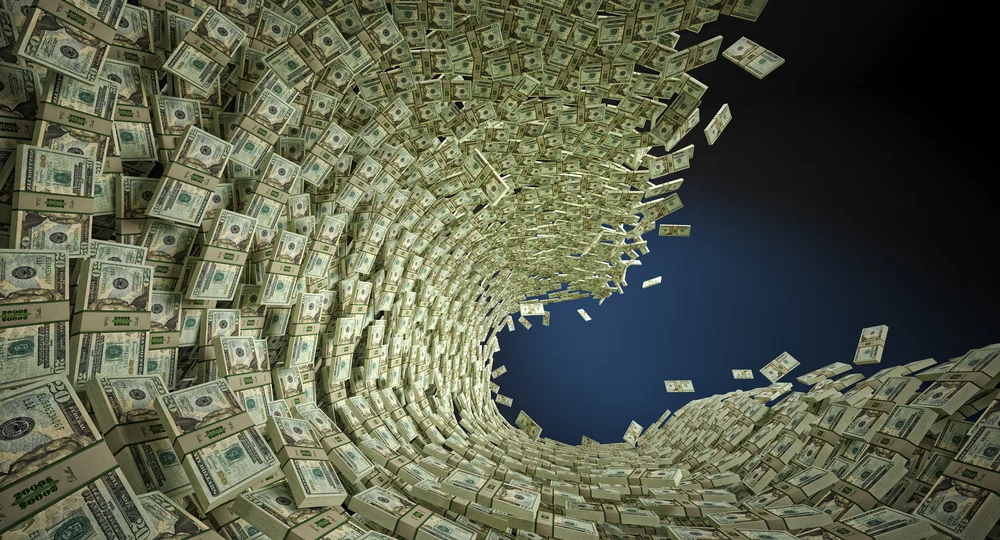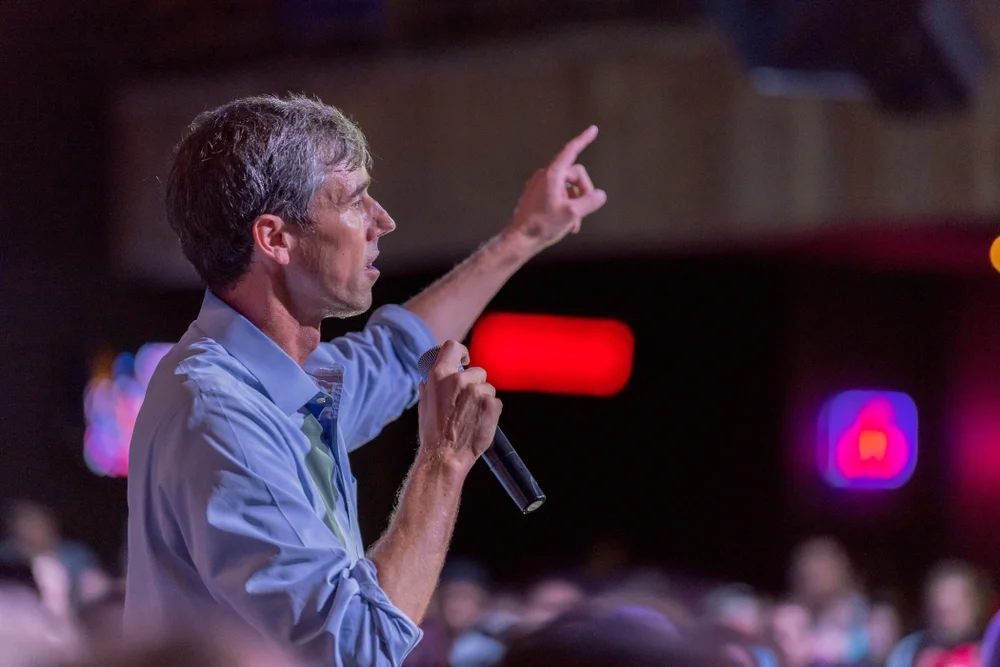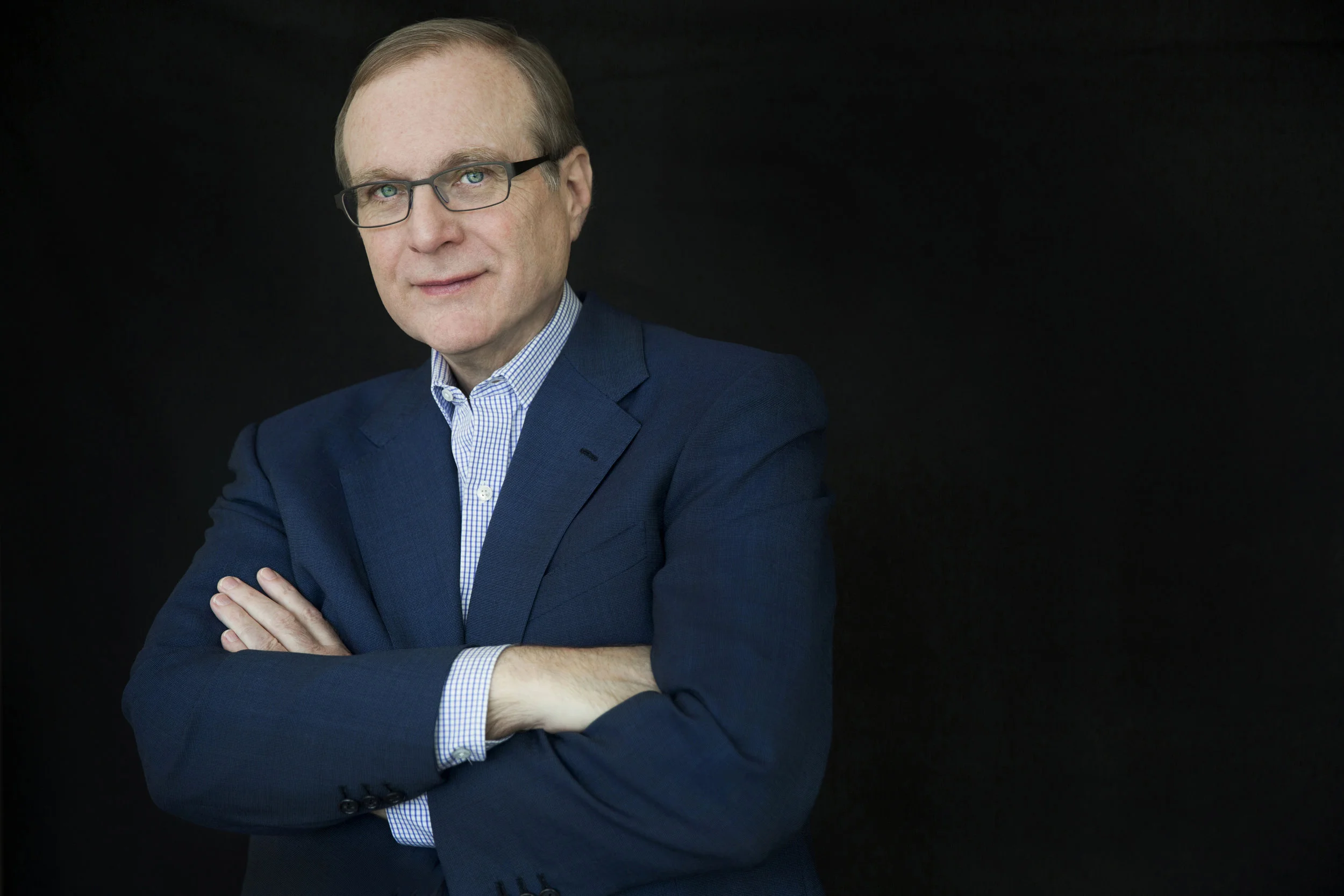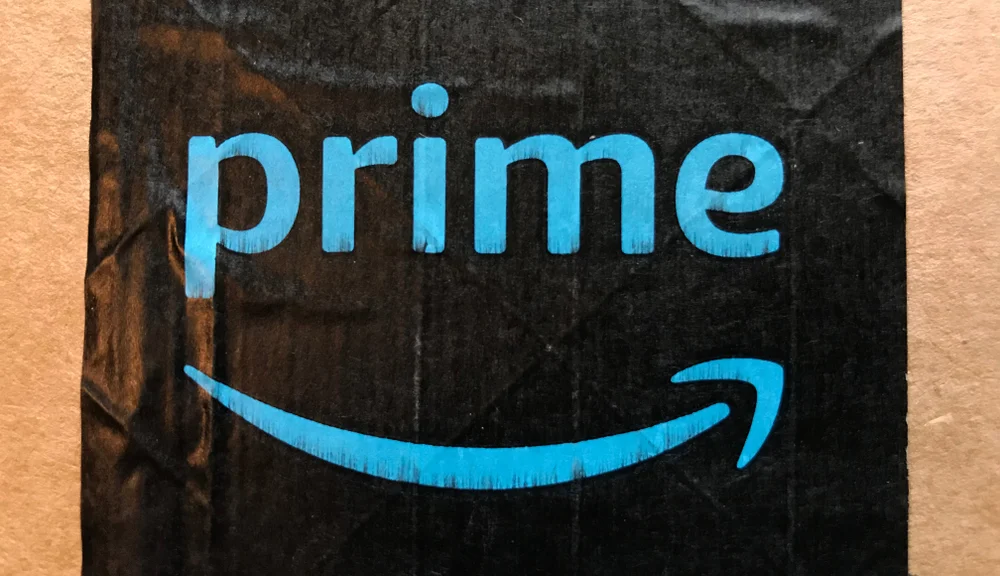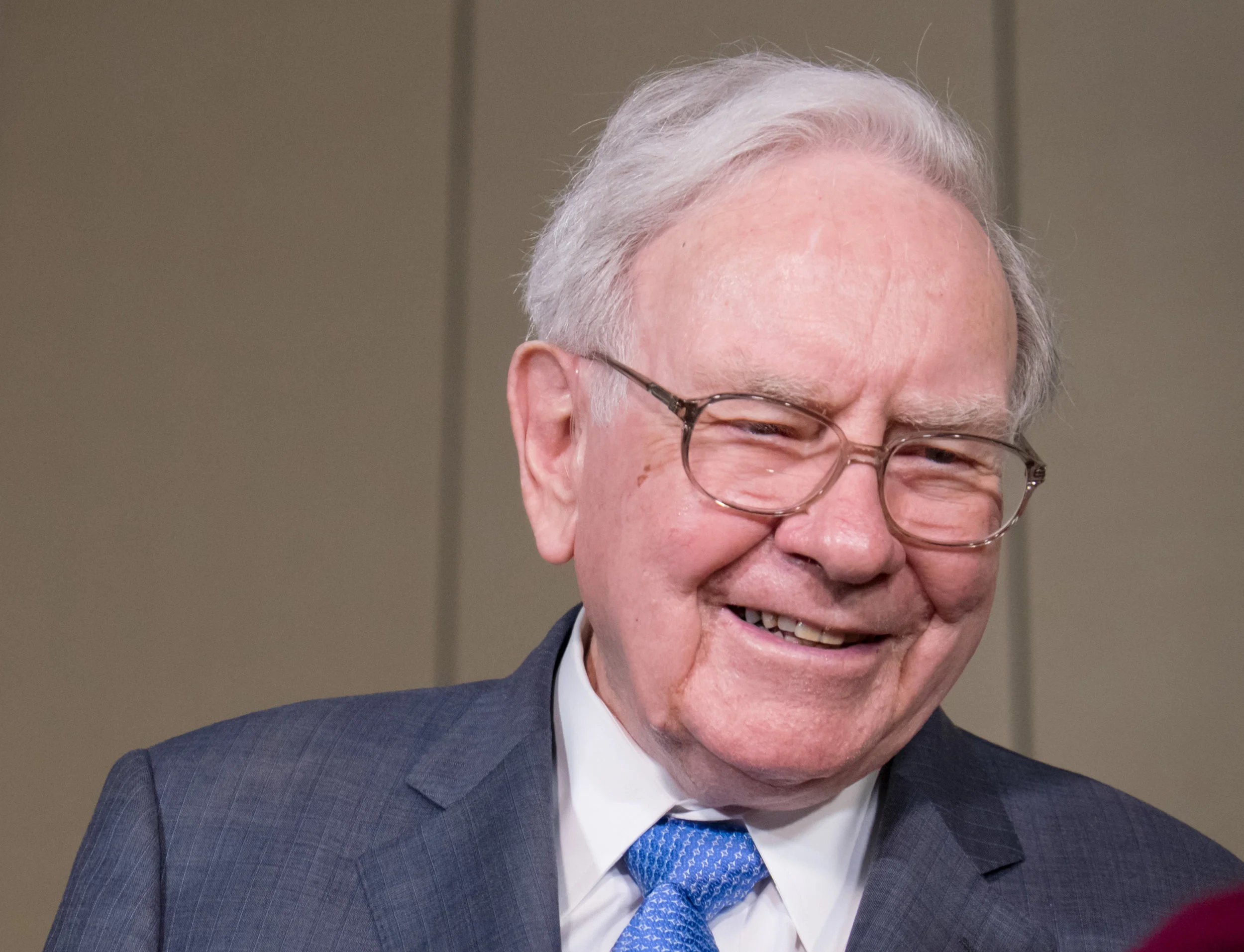Debating Big Philanthropy: Criticisms of The Givers—and My Responses
/If I’ve learned anything from publishing The Givers: Wealth, Power, and Philanthropy in a New Gilded Age, it’s that you can’t please all the reviewers all the time. Which is fine, since that shouldn’t be the goal of any book with a strong point of view. Some people will like what you have to say, others won’t.
What’s striking, though, is how reviewers have criticized my book in diametrically opposite ways. Some argue that I go too easy on the new donor class and miss an opportunity to mount a stronger critique of big philanthropy. Others say I go too hard on them, sounding a false alarm about the threats to democracy posed by generous and well-meaning givers.
While the former group of reviewers have knocked my policy recommendations for being “muted” and “incremental,” the latter warn that these same ideas are so radical and “damaging” that, if enacted, they would threaten philanthropy as we know it.
The wildly divergent responses to The Givers underscore how polarized the debate on big philanthropy has become. Here, I take a look at what the critics have said—and where they went wrong.
Does The Givers Let the Donor Class Off the Hook?
Pablo Eisenberg, writing recently in the Chronicle of Philanthropy about The Givers said: "Mr. Callahan doesn't seem overly perturbed by the scenario he has painted in which the rich receive enormous tax subsidies paid by ordinary citizens to maintain and increase their power and influence over everyone else.... he refrains from sounding the alarm."
Robert Kaiser, reviewing the book in the Washington Post, said similarly: “Callahan’s account of how the rich exercise power in modern America is ominous and grim, though he avoids drawing the darkest conclusions his evidence would support."
Along with another reviewer, Stan Katz, Eisenberg also faults The Givers for a pollyannaish view of mega-donors. As Eisenberg says, “Mr. Callahan would have us believe that most very wealthy donors are nice people who want to do good things for society. That may be true for many of them, but others also are arrogant and scornful of democratic processes. Some are rigid ideologues who relish exercising power.” Katz, writing in HistPhil, said, “one of the shortcomings of the book from my point of view is that Callahan tries too hard to be fair to individual philanthropists…” Chris Lehman, reviewing The Givers for In These Times, says that “a book that might have been a useful jeremiad about the oligarchic state of the American political economy resolves into a puzzled shrug.”
A few responses to these critiques.
First, Pablo Eisenberg is just wrong that The Givers fails to “sound the alarm.” The main argument of the book is that big philanthropy is increasing upper class influence and exacerbating civic inequality. Contrary to being "persuaded that philanthropy advances the cause of pluralism," as Eisenberg suggests, I explicitly critique and reject what I call the "pluralism defense" of big philanthropy. I point out that the wealthy hold different views than the public at large—they're more economically conservative, for one thing—and the policies they support as donors tend to tilt public debates toward upper-class preferences.
In the conclusion of the book, I write, "Philanthropy now acts as a driver of the growing divide in America in who gets heard in the public square—along with who sets the agenda—both nationally and locally. Giving by the wealthy is amplifying their voice at the expense of ordinary citizens, complementing other tools of upper-class dominance.”
In that passage, and many similar ones elsewhere, it sure sounds to me like I'm "sounding the alarm”—albeit not at a shrill enough pitch to satisfy Pablo Eisenberg.
As for being naive about the mega-donors and too “fair” to them, I think that a strength of The Givers is that there are no straw men in this book. While many critics of the new donors seem to have never actually talked to these folks, I made a point of listening carefully to what they have to say and engaging their ideas. To be sure, as Eisenberg says, some of the new donors may be “arrogant” or “scornful” of democracy. But that’s not a main impression I’ve gotten from scrutinizing these people up close. Many fully grasp the daunting nature of the problems are they are tackling and understand the long odds against making real impact with their giving. Also, if you read the dozens of letters that top philanthropists have written as part of The Giving Pledge, you’ll find that most are committed to large-scale giving for the right reasons. Few of these billionaires ever imagined they would have so much money. Most feel a responsibility to use these resources in a useful way. Many of the donors I look at in the book—like Priscilla Chan, Cari Tuna, and Herb Sandler—engage in lots of due diligence around their giving, making a point of seeking out other viewpoints.
I didn’t encounter scorn for democracy as much as a ready inclination to make the best of a system that allows wealthy philanthropists to wield far too much power over public policy. Also, as I've noted, many believe their giving actually strengthens pluralism as opposed to undermining it. And they argue that democracy has serious flaws that philanthropy can fix—for instance, the well-organized interest groups that often stymie the public interest or public officials who are discouraged from taking risks. Instead of looking to vilify individual mega-donors, I find it more helpful to see these people as rational actors in a flawed system and to grapple with their defense of that system.
Eisenberg is right that at times, the new donors may not listen enough to nonprofit veterans “or others who have years of experience working directly on social change.” I make the same point myself in the book. But again, I engage a key counterpoint—which is that a strength of the new donors is often that they approach entrenched problems as outsiders with fresh eyes and approaches borrowed from other sectors of society. They have often been wary about relying on advice from the usual suspects whose efforts have fallen short for decades. Sometimes this misfires, like with Newark school reform. But it also has upsides: Many of the new donors coming from business, for example, are huge champions of providing multi-year general operating support and understand that nonprofits need vastly greater resources to have impact.
A last point: Along with Alice O’Connor and other reviewers, Eisenberg faults The Givers for its tepid recommendations, writing that it’s not “courageous in tone, or full of useful recommendations for change.”
Conservative critics of the book disagree about the modesty of the book’s policy recommendations, as I’ll discuss in a moment. Overall, though, I'll be the first to acknowledge that The Givers is not the jeremiad against big philanthropy that some feel needs to be written right now. And as I admit in the book, I see few appealing ways to regulate this sector that are likely to have a transformative impact. I consider and reject a number of tougher reform ideas that seem likely to lead to negative unintended consequences. I remain open to arguments for a stronger approach.
Maybe the best way to understand The Givers is as a “problem” book, not a “solution” book. My main goal was to frame a critical new conversation about the dangers that big philanthropy may pose to democracy. I believe a critical foundation of this conversation is a better understanding of who the new donors are, how they operate, and some of the claims and counterclaims about the effects of their giving on U.S. society. My book clearly takes a side in this debate, but I think it also fairly elucidates the range of views in the conversation.
Does The Givers Sound a False Alarm?
Critics from the right have an entirely different beef with The Givers. They’ve claimed that it’s an alarmist book that offers damaging solutions to a non-existent problem—solutions that would squelch philanthropic freedom and diminish the sector overall.
Writing in Philanthropy Magazine, the publication of the Philanthropy Roundtable, the historian John Steele Gordon says that “every other country in the world would love to have our striking and multifarious tradition of giving. If Callahan had his way, America would lose much of this distinctive effervescence.” Gordon goes on:
Callahan argues that American philanthropy has grown so powerful that reforms are needed to ensure that it does good things, not bad things. (Guess who defines the difference?) He would force much more reporting of donations, end privacy and anonymity, obstruct innovations like Mark Zuckerberg’s and Laurene Jobs’s use of limited liability corporations to carry out their benefactions, and otherwise control and intimidate private givers into acting more as he and other activists want.
Calling me a “man of the left,” Gordon says I want to choke off giving for public policy groups because I disagree with them. “He wants to give state officials power over what can be advocated, subsidized, resisted, and done with private funds. Never mind little details like our constitutional guarantees of free expression (the ultimate bulwarks of what you choose to give your own money to).” Gordon calls The Givers “an endless string of anecdotes, thin in facts, weak on logic, and bereft of balance.”
Meanwhile, writing in City Journal, Howard Husock faults The Givers for its overly negative look at the effects of philanthropy on democracy and society overall. Like many of the mega-donors themselves, Husock believes that today’s large-scale giving underwrites a more robust civil society. He writes:
Callahan may view philanthropy as veiled rule by elites—but one might more accurately call it a marketplace of ideas that enriches democracy. There are no independent think tanks, after all, in China. Perhaps Callahan would prefer wealthy elites with no concern for the public interest. That American elites, their limitations notwithstanding, act otherwise is a civic strength that deserves praise—and protection.
A few responses to these criticisms.
First, Gordon stands apart from nearly all other reviewers in seeing The Givers as a insubstantial work of writing. Husock, for instance, calls the book “exceptionally thorough” and says “the detailed accounts of the philanthropy of Rockefeller and Carnegie’s contemporary heirs will be revelatory.”
More problematically, Gordon mischaracterizes where I’m coming from in my critique of big philanthropy, and especially its growing influence on public policy. The Givers doesn’t offer up the familiar critique from the “left” of right-wing philanthropists like the Kochs. Rather, I repeatedly note that donors on both sides of the political spectrum are using the same philanthropic tactics to elevate their views in the public square. Criticizing “à la carte alarmism,” I urge readers to look beyond their own political preferences in regard to the activities of big donors and consider how all this giving works to undermine egalitarian values that are broadly shared in U.S. society.
Gordon is also wrong to say that I’m looking to “intimidate private givers into acting more as he and other activists want.” Rather, my goal in sounding the alarm about the increasing politicization of philanthropy and offering up some reforms is to try to steer charitable giving away from bankrolling an ever-growing “ideological arms race” through billions in donations to think tanks and advocacy groups.
It’s worth noting that many activists on the left are unlikely ever to support my reform proposals because they see philanthropic support as vital to the progressive infrastructure. I should also point out that my ideas don’t crimp anyone’s freedom of expression or empower state censors, as Gordon charges. Rather, I only want to limit how tax-deductible gifts can be used. We already do this by prohibiting 501(c)(4) groups from accepting such gifts. I want to change some of the rules governing deployment of charitable dollars to steer funds away from politics and toward the areas that most Americans think of as actually “charitable.” I think the onus is on people like Gordon to explain why the U.S. Treasury should underwrite and amplify the political speech of wealthy donors in an age of growing civic inequality.
Howard Husock’s critique of my book is a great example of the pluralism defense of big philanthropy. In The Givers, I make a point of hearing out the argument that elite donors are enriching a marketplace of ideas in which all kinds of views are heard. I engage this argument both thoroughly and respectfully, drawing on multiple cases and quoting a number of donors. But I end up rejecting the pluralism defense on the grounds, noted above, that wealthy donors are not representative of the public at large. It’s naive to imagine that all ideas will ever get a fair hearing in public debates that are heavily orchestrated by the far upper class. I wish Husock had more closely engaged my counter-arguments, here, and explained why he’s not worried about the future of civic equality in an America with growing legions of what I call “super-citizens.”
A final point: Husock suggests that my book “fails to demonstrate that the United States is worse off as a result” of big philanthropy. Yet to the degree that you embrace the egalitarian values on which America is supposedly founded and buy my argument that big philanthropy is undermining those values, we are worse off. The voices of super-citizens are already crowding out those of ordinary citizens, distorting public policy debates and outcomes, as well as civil society itself—which has become a more top-down sector beholden to the donor class. And as I stress in The Givers, much bigger private giving lies ahead, even as the public sector faces an era of prolonged decline, weakening a key institution by which citizens express their preferences and solve problems together.
***
I’ve spent this essay disputing critics of The Givers who I think missed the mark. However, a number of reviewers have pointed out very real shortcomings in the book. It’s true that The Givers lacks the analytical depth that this subject matter ideally requires. Writing a trade book intended for a broad audience imposes certain limitations, and I made a point of using stories as much as possible to illustrate my points. Readers seeking a deeper theoretical look at the tensions between philanthropy and democracy can tap an expanding academic literature, starting with the excellent edited volume Philanthropy in Democratic Societies.
One place where The Givers ideally would have drilled deeper is in explaining how the new giving is affecting the dynamics of civil society and politics. As Emma Saunders-Hastings rightly notes in the Stanford Social Innovation Review:
To make better sense of elite philanthropy, it would be helpful if Callahan spent more time mapping the relationships between donors, recipient organizations, formal political actors, and the broader public. Callahan gives us a much more complete picture of the funders than of other relevant actors.
Alice O’Connor makes a similar point, saying we need more stock taking of how philanthropy “is affecting the real practices of civic democracy.” And while I disagree with Stan Katz’s claim that “the concept of civil society disappears after the opening chapters” of The Givers—in fact, it’s a concept I return to repeatedly—he’s right that this area deserves a more rigorous analytical treatment than I gave it. Hopefully, other writers and researchers will do the deeper digging required, including the “mapping” work that Saunders-Hastings suggests.
It’s hard for any single book, especially one written for a popular audience, to do justice to the topic of how the big, new philanthropy is affecting American society and especially our democracy. My goal was not to leave no stone unturned or to deliver a blueprint for reform, but rather to stimulate and advance a more critical conversation about philanthropy. I believe The Givers has succeeded in that regard, but make no mistake: This new conversation is still just beginning.


